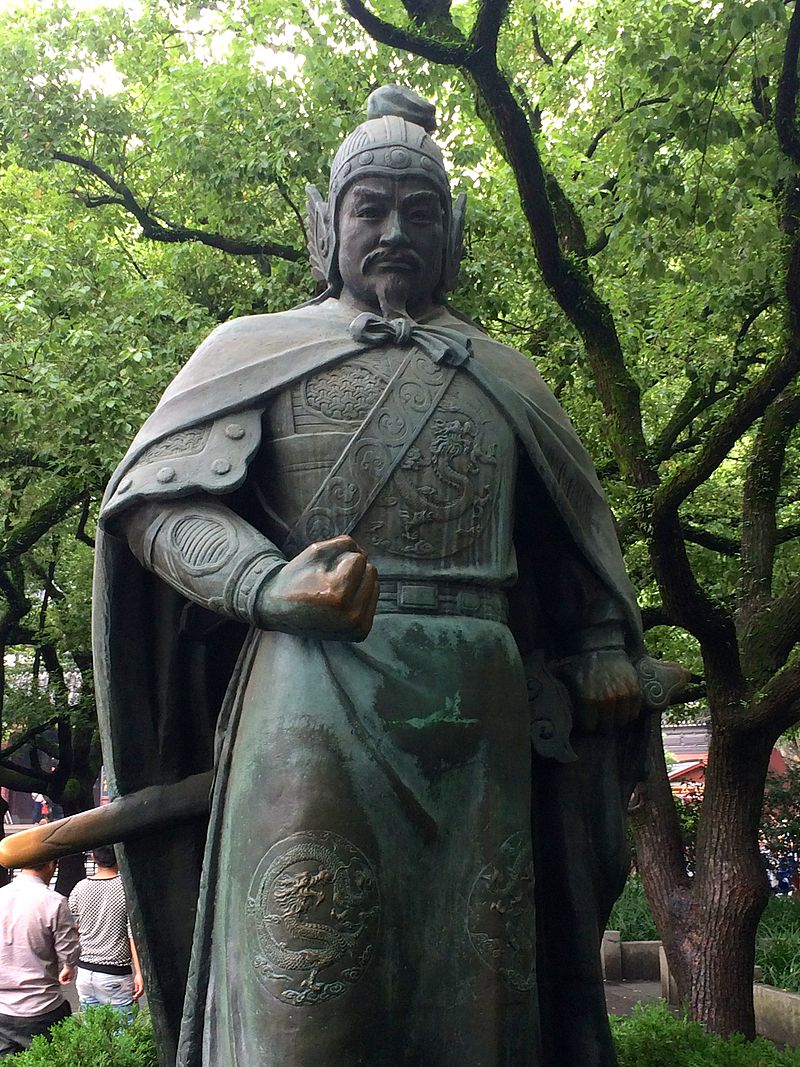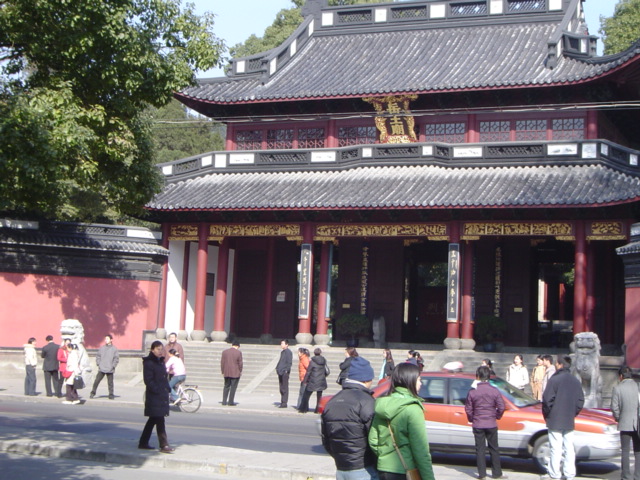There's A Crazy Story Behind Why 'Yau Char Kwai' Translates Into 'Oil-Fried Devils'
It's a dark chapter in the history of ancient China.
Cakoi, yau char kwai, youtiao... No matter what you call it, the traditional deep-fried snack has been a breakfast staple for the Chinese for as long as any of us could remember
Usually served for breakfast with rice congee or dipped in soy milk, the long golden-brown snack is also eaten with bak kut teh or simply to munch on when you're feeling peckish.
Consumed in China and of course, Malaysia, the deep-fried strips of dough is also a popular street food in other Asian countries such as Singapore, Thailand, Vietnam, Cambodia, and Taiwan.
The origin of yau char kwai actually dates back to the Song Dynasty, in which the snack was eaten as a form of protest against corrupt minister Qin Hui, who was said to have orchestrated a plot to kill a national patriot
The patriot in question was Yue Fei, a general in the Southern Song Dynasty. He is widely regarded as one of China's most respected heroes and an icon of patriotism.
Having witnessed the fall of the northern Song Dynastry to Jurchen invaders (who established the Jin Dynasty thereafter), Yue Fei launched a long campaign to recover former northern Song territories when he became a general in order to prevent the Jurchens from advancing into the south.
Soldiers who fought under him highly respected him for his intelligence and integrity. He had also won many victories against the Jurchens, and was said to have once defeated a 500,000-strong army with only 800 men.
As Yue Fei was about to attack and retake Kaifeng, a former northern Song capital, he was recalled to Hangzhou by then Emperor Gaozong. Little did he know that it would lead to his tragic end.
Qin Hui, an influential and powerful minister then, and several corrupt officials had advised the emperor that it would be better to make a peace treaty with the Jin Dynasty rather than continue to fight them. Hence, Yue was recalled back to the capital.
However, he was removed from his position and imprisoned under false charges upon his return. It is said that Qin Hui and his wife Lady Wang orchestrated the plan to get rid of Yue Fei by accusing him of treason, which eventually led to Yue Fei's execution.
The act is one of the most evil acts by a government minister in the entire history of the Song Dynasty, with many regarding Qin Hui as a traitor to the Chinese of Han race.
Yue Fei's execution sparked fury among the people. In his anger, a cook shaped two pieces of dough into human shapes to represent Qin Hui and his wife, joined them, then deep-fried it to symbolise boiling the couple in oil.
The deep-fried human-shaped dough (which later evolved into the long strips we know today) is then eaten as if done to the traitorous couple.
It is said that the snack was then named you zha gui (油炸鬼), meaning "oil-fried devils" or "deep-fried ghosts", which Cantonese dialect speakers may recognise as yau char kwai.
The story may not be familiar to most of us, but in Hangzhou, Yue Fei's temple and tomb still stand to serve as a reminder of Qin Hui's abuse of power
A memorial temple was built at the tomb of General Yue Fei at West Lake, Hangzhou.
Iron statues of Qin Hui and his wife were constructed in front of the general's tomb with their hands bound behind them, kneeling in disgrace as a punishment they never received in life. For centuries, the statues were cursed, spat, and urinated on to express their disdain towards the traitors.
Now that sure is a pretty epic story behind a seemingly unassuming deep-fried snack!





